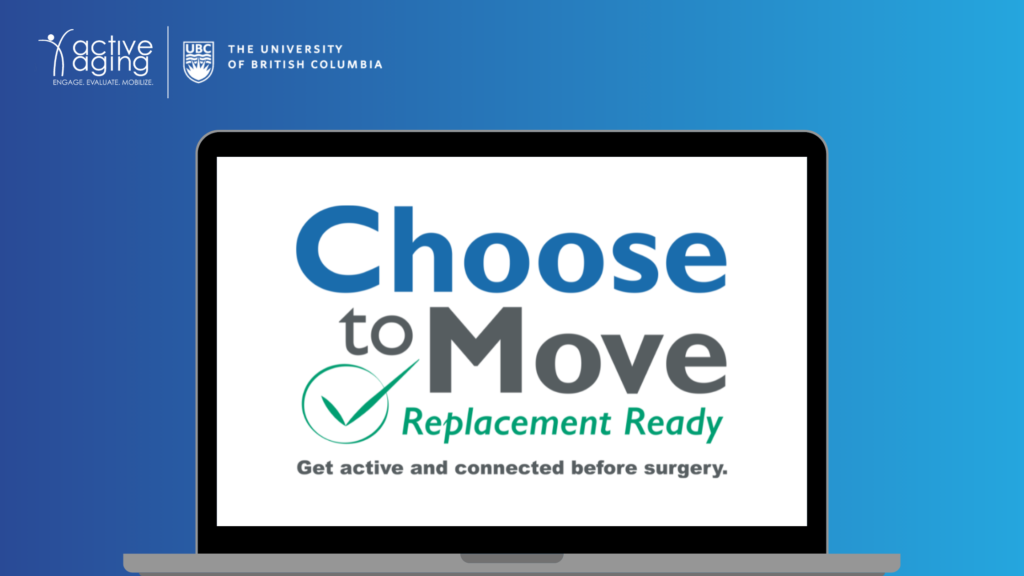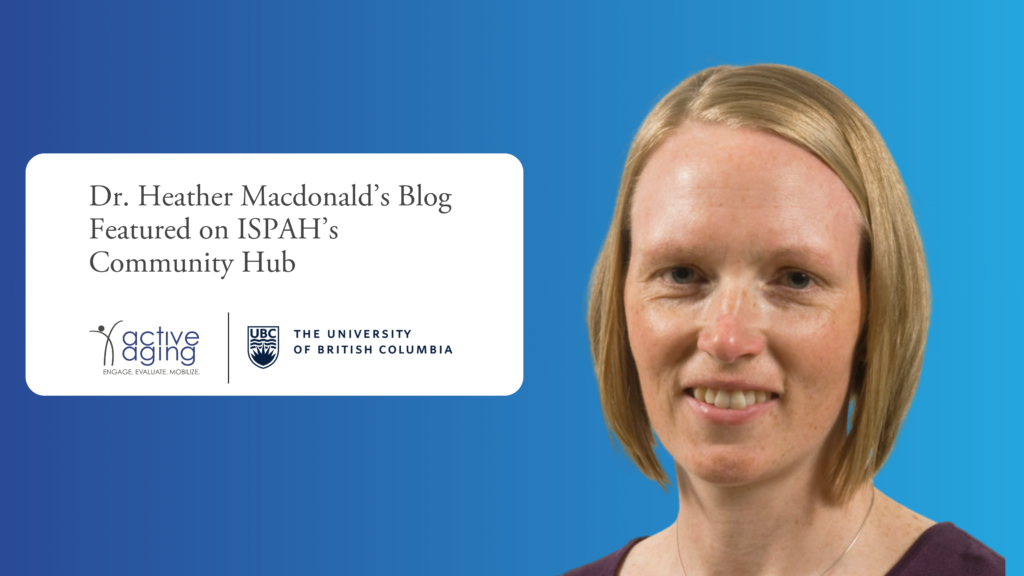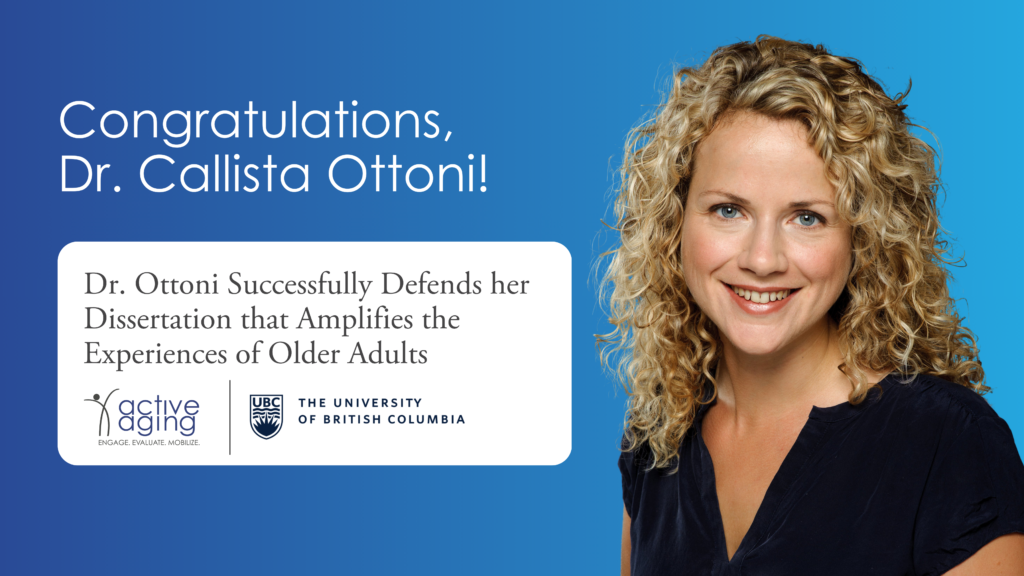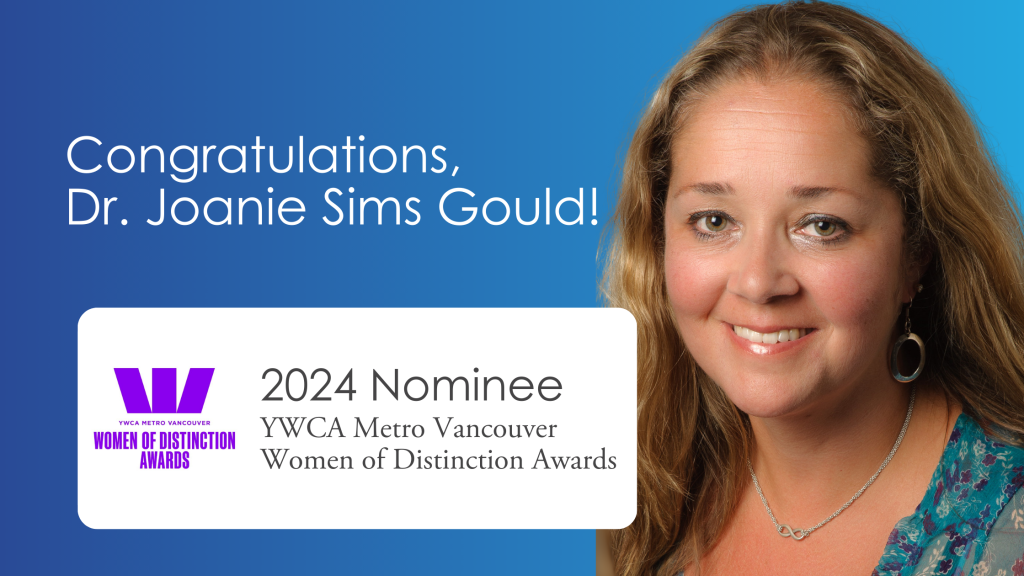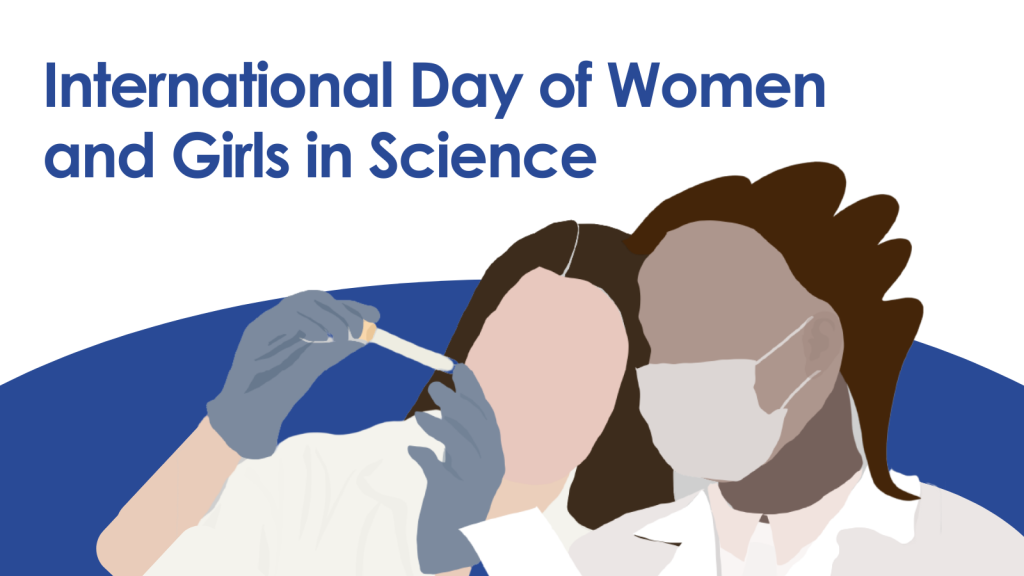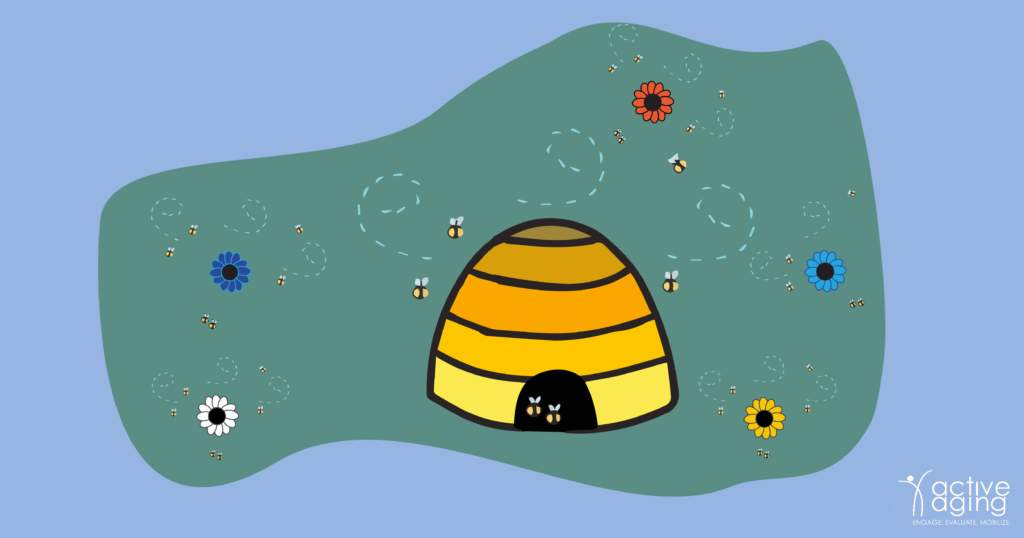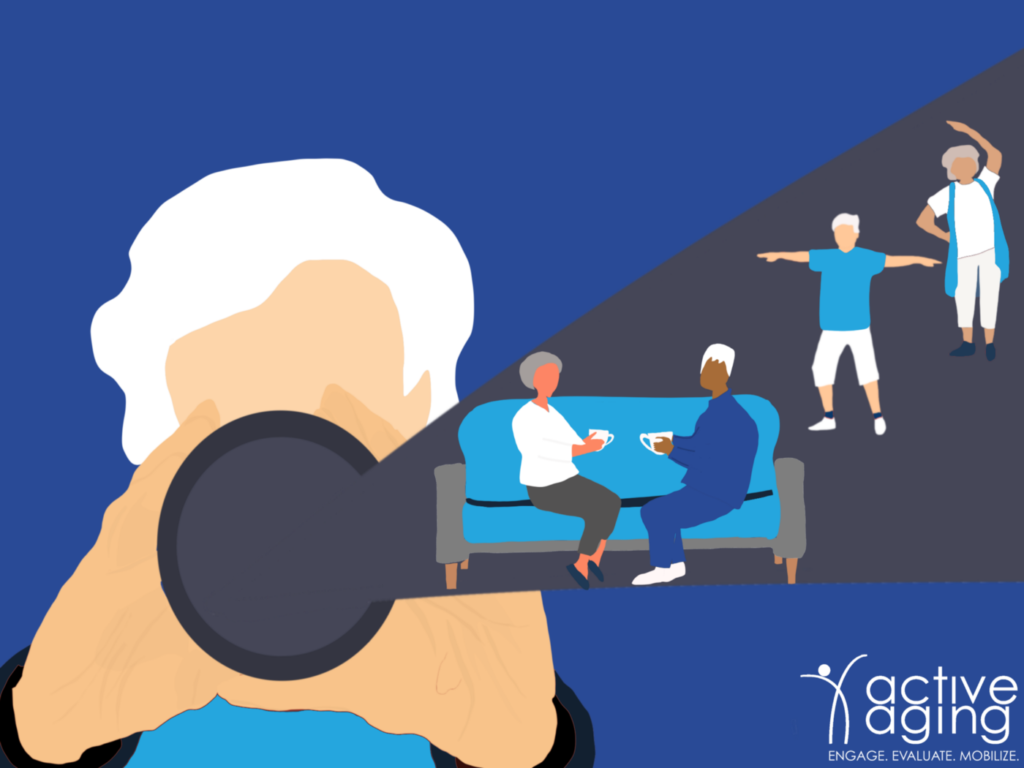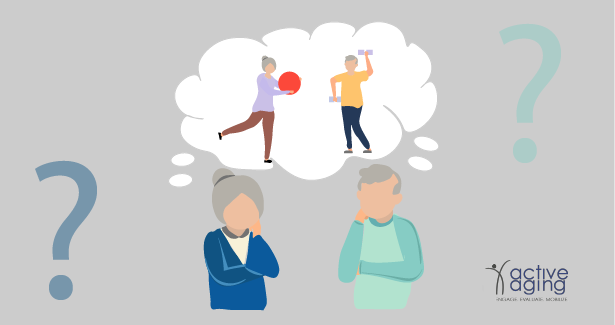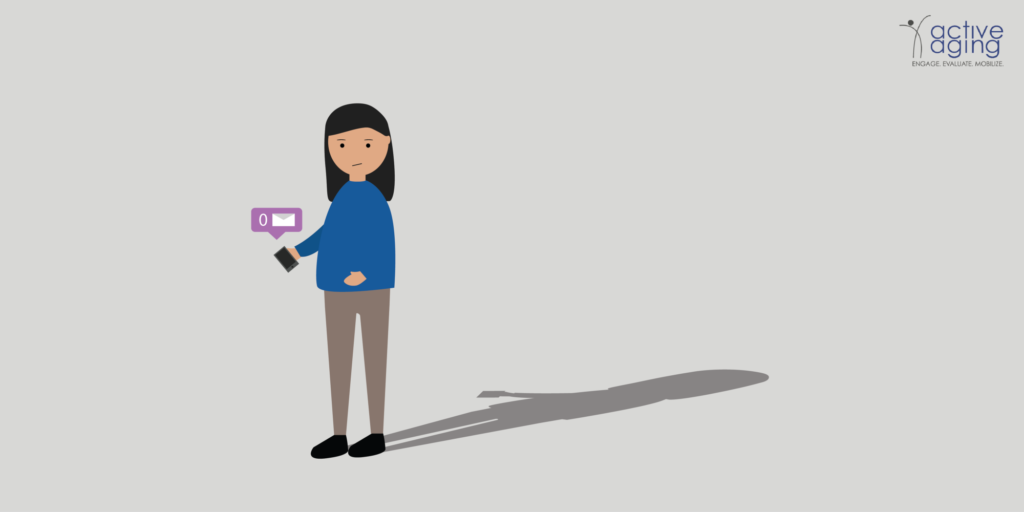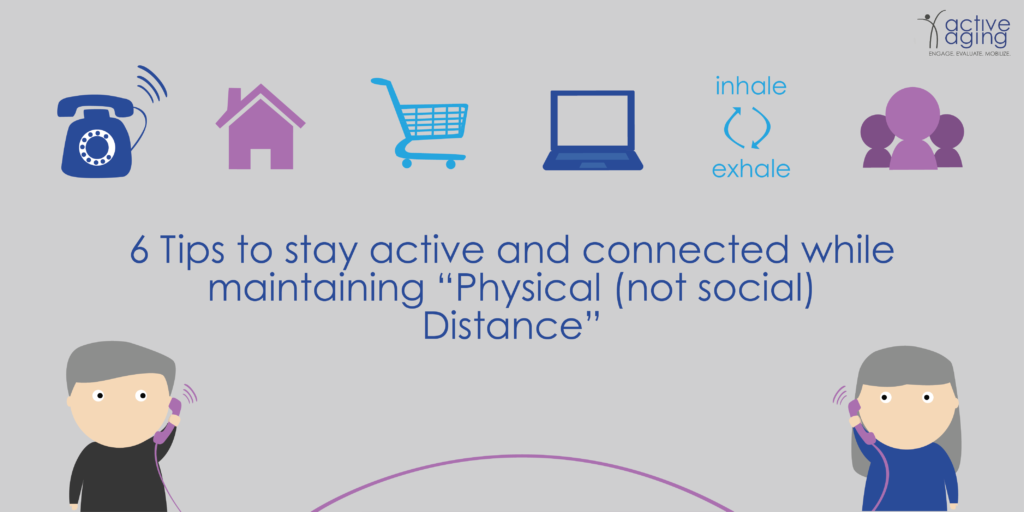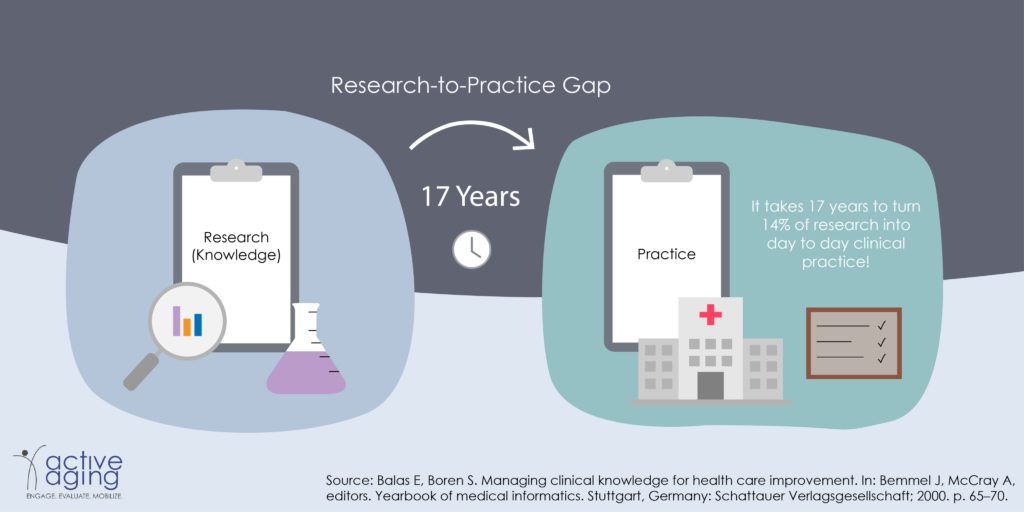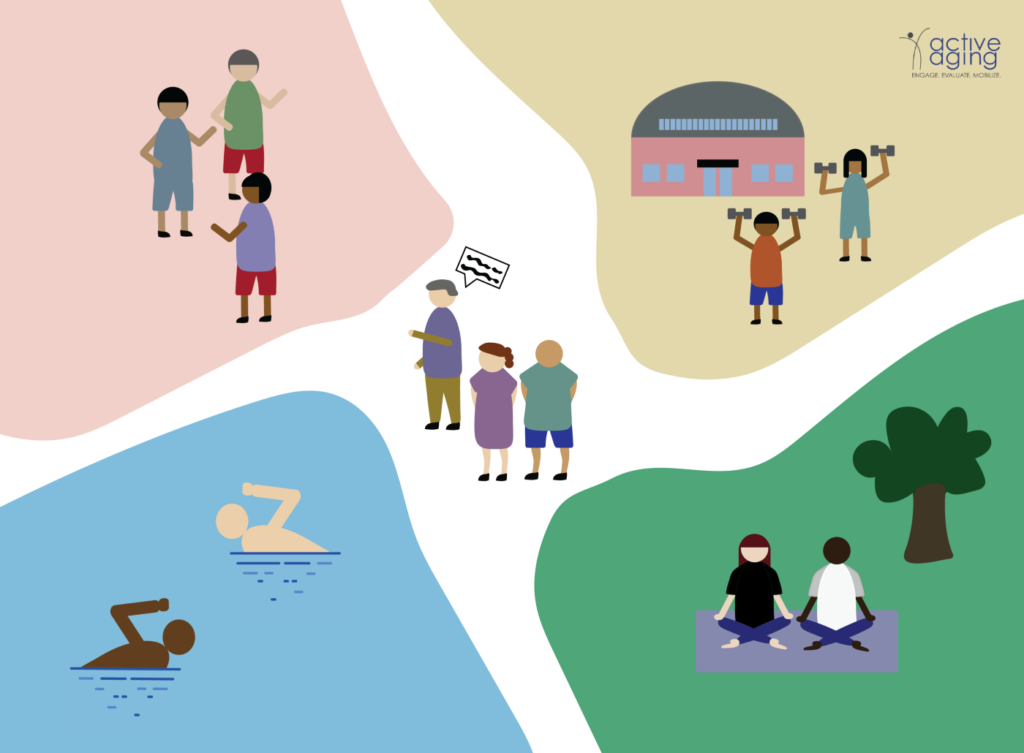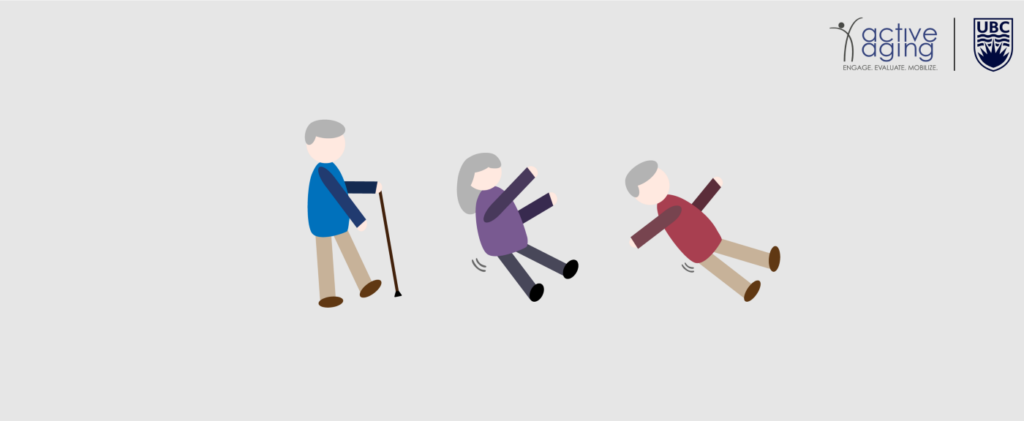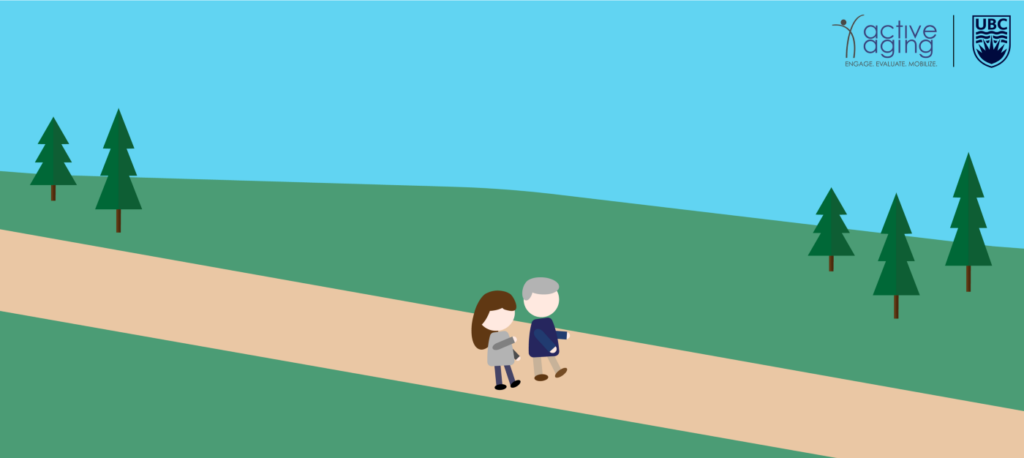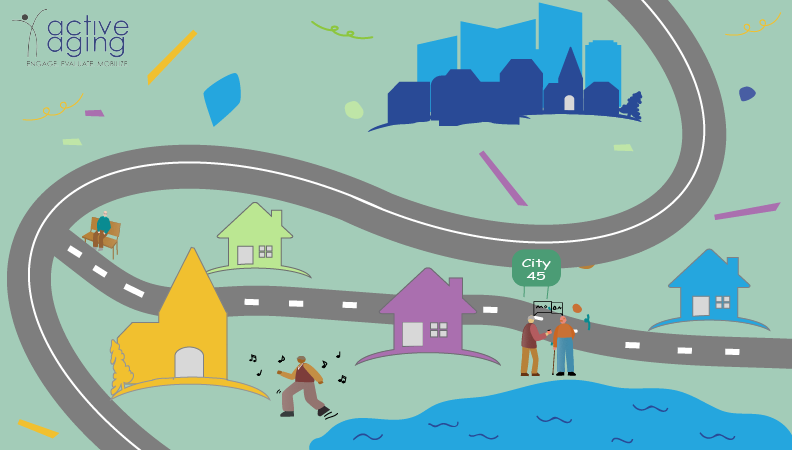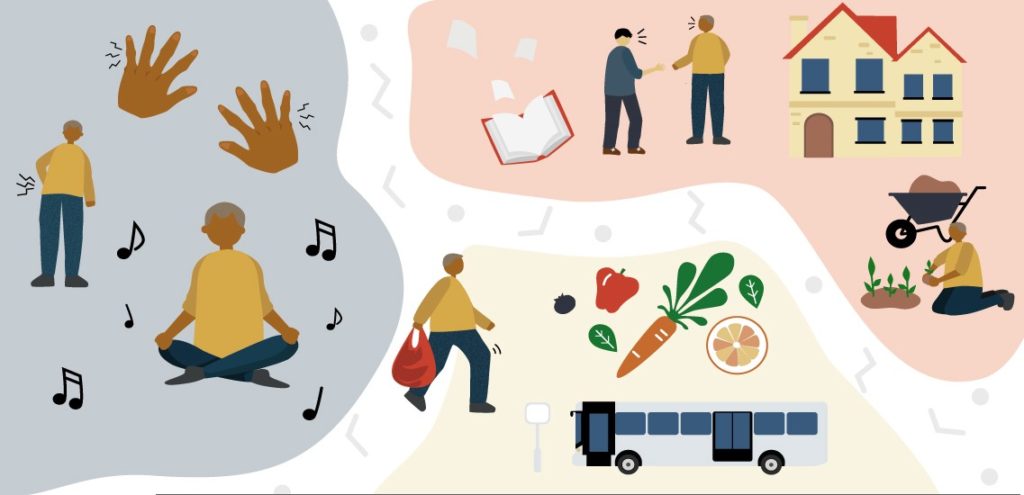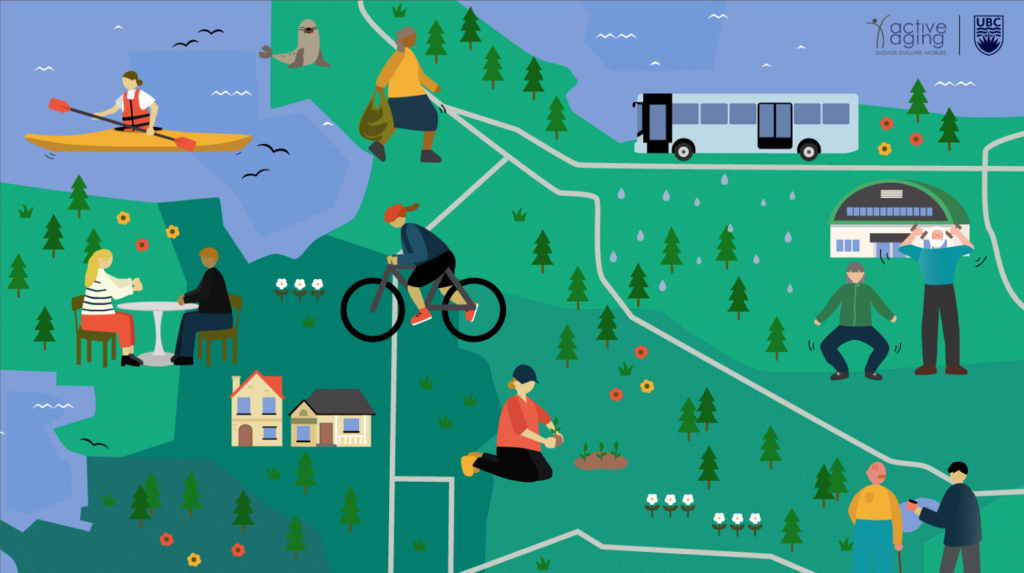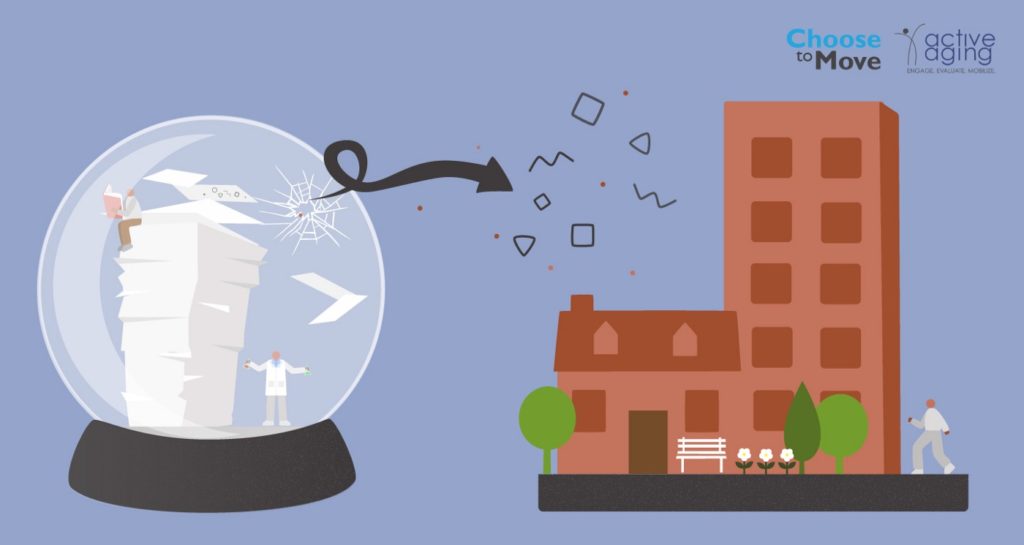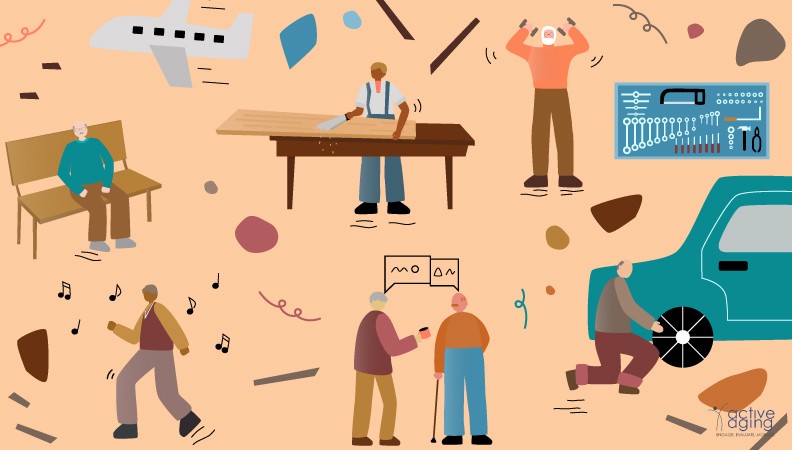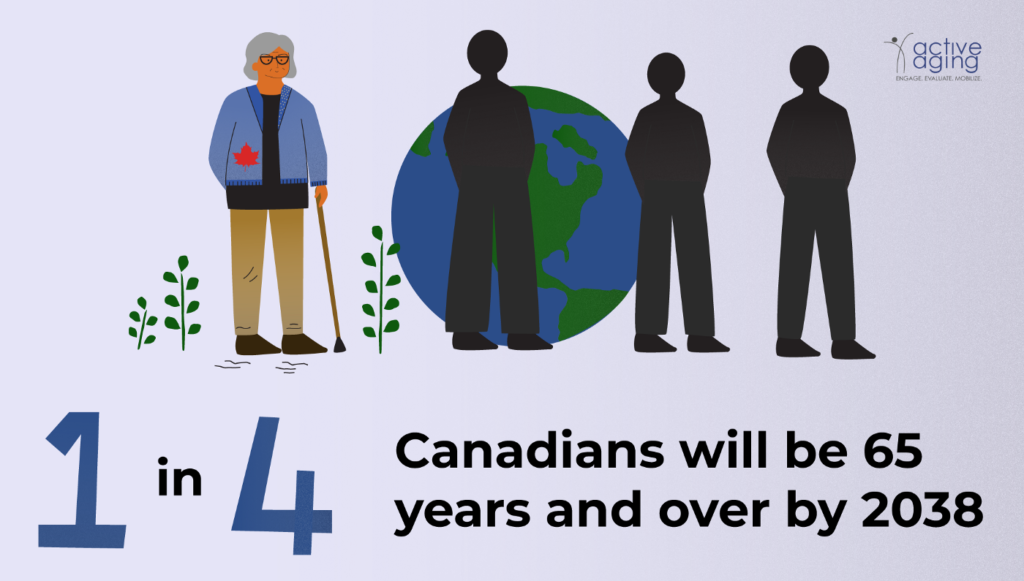BLOG
An Exciting New Project to Support People Awaiting Hip and Knee Replacement Surgery
Choose to Move: Replacement Ready aims to improve quality of life for participants with osteoarthritis. For people on hip and knee replacement waitlists, the waiting period is often marked by increased pain, reduced mobility, and lower quality of life. To address this challenge, the Active Aging Research Team will implement and evaluate a health-promoting program.
The Role of AI Translation in Qualitative Research
By Garland Joseph
Qualitative research aims to understand real-world problems and can offer concrete solutions.
The Active Aging Research Team (AART) conducts qualitative research through interviews to gain a deeper understanding of how programs like Choose to Move impact participants’ quality of life. Many interviewees come from diverse linguistic communities, including Punjabi, Persian, and Chinese. [...]
Dr. Heather Macdonald’s Blog Featured on ISPAH’s Community Hub
What if the key for scale-up was beginning with the end in mind? To mark Older Persons Day on October 1, one of our researchers, Dr. Heather Macdonald shared her insights in a blog for the International Society of Physical Activity and Health (ISPAH). The focus of the blog is scaling-up health-promoting interventions for older […]
Dr. Callista Ottoni Achieves PhD for Research that Provides New Insights on Older Adults’ Social Connectedness and Loneliness
On June 5, 2024, Dr. Callista Ottoni successfully defended her doctoral dissertation titled, ‘”We dodge each other smiling”: older adults’ social connectedness and everyday well-being during the COVID-19 pandemic and beyond.’ To obtain her PhD in Interdisciplinary Studies at the University of British Columbia (UBC), Callista designed a community-based study to explore social connectedness and […]
Dr. Joanie Sims Gould nominated for ‘Women of Distinction’ Award
Each year, the YWCA of Metro Vancouver Women of Distinction Awards recognize and celebrate extraordinary women in Metro Vancouver. This event shines a spotlight on the outstanding achievements and contributions of women who significantly impact their communities and beyond. The Active Aging Research Team’s co-principal scientist, Dr. Joanie Sims Gould, is among this year’s nominees. […]
Inspiring Brilliance: Women in Science Leading the Way
The world has made both science and gender equality a priority. According to the United Nations, both are “vital for the achievement of the internationally agreed development goals, including the 2030 Agenda for Sustainable Development.” While there have been important advancements to include women in science, at the moment less than 30 percent of researchers globally are women. We […]
Celebrating success to elevate the health of older British Columbians
By Sarah Lusina, Director of Strategic Partnerships, AART; Executive Director, Active Aging Society Special feature: The Active Aging Society works closely with the UBC Active Aging Research Team (AART) to implement and adapt Choose to Move with community-based seniors’ service (CBSS) organizations across British Columbia. In this blog we start to unpack the role of […]
How do neighbourhoods matter for older adults’ social connectedness during the pandemic?
By Callista A. Ottoni Think back to March 2020. Where were you and who were you with when you got the news to shelter -in -place to slow the spread of COVID-19? What has helped or hindered your well-being since then? When the pandemic began, we knew little about its impact on the well-being of […]
What’s the buzz? A key role for the central support unit in community-engaged health-promoting programs
By Joanie Sims-Gould, Thea Franke & Heather McKay To implement comprehensive, evidence-based programs at scale truly ‘takes a village.’ So often, evidence-based interventions are not effectively implemented or sustained, as community organizations receive very little support or ongoing training during the implementation process. The central support team is highlighted in the centre of this model […]
Conducting Research in Long Term Care During the Pandemic – My Experience as a Research Assistant
By Victoria Mah Lab coats, cubicles, flasks. The image of a scientist pouring contents from one flask to the other was my perception of all research. Working as a Research Assistant with the Active Aging Research Team at the University of British Columbia quickly dismantled this perception. As an undergraduate student, I was curious […]
Photovoice: Seeing older adults’ physical and social health through their own lens
Images have been used throughout history as a way for people to express themselves and their needs.....
Physical activity is good for older adults.
But do older adults have easy access to programs that keep them active?
My Co-op: Insight on Disease Prevention and Health Promotion for Older Adults
As life expectancy gradually increases, a question to ask is, “whether the added time comprises years of healthy life and promotes a high health-related quality of life into old age”.
Recognizing the Canadian Loneliness Epidemic
Loneliness: the silent killer. It is not something many of us like to discuss openly. On a societal level, we have not addressed it, even as we begin to recognize loneliness as a growing concern within our communities.
6 Tips to stay active and connected while maintaining “physical (not social) distance”
As we are well aware, the Canadian Government has requested everyone limit social contact, or as we prefer, physical proximity, to stop the spread of COVID-19. How then, can we stay active, and not feel too isolated?
Why Vancouver Youth Use the Arbutus Greenway
The greenway passes through six diverse neighbourhoods, seven commercial districts and has 14 schools located within 1-km, thus connecting a large number of Vancouver youth to their schools and surrounding communities.
“Implementation,” The First and Most Important Concept You Should Know in Implementation Science
We see thousands of health research articles published every month. However, there is a gap between research-to-practice. It takes 17 years to turn only 14% of research into day-to-day clinical practice.
Do immigrants really have better health than Canadian-born older adults?
At the time of arrival, immigrants have better health than their Canadian-born peers. However, the health of immigrants diminishes over time until it matches Canadian-born.
Bridging the “Know-Do Gap” in Research
Did you know it takes on average 17 years for research to become general practice in the healthcare system? (Green, 2008). When I first heard this I wasn’t too surprised.
Falls are common in seniors, but are they different between men and women?
The reality: In Canada, an increasing frail population of older adults reside in long-term care facilities (Postl et al., 2011), and more than 50% of them will fall each year (Rubenstein et al., 1994). Falls are the leading cause of injury-related death in older adults (Stevens et al., 2006).
Reframing Mobility in the Aging Population
A lot of the research examines how much physical movement an older adult achieved, or how much physical space they covered, rather than seeking to understand mobility as an emotional experience.
Can City Design Influence our Health and Well-being?
Canada is investing in infrastructure changes across the nation– will it have an impact on our lives?
A Model for Our Times
In the face of a rapidly growing older adult population, Choose to Move helps seniors become active and socially connected for health.
Men are living longer, but are Societal Pressures making them Lonely?
How thoughtful group-based physical activity may offer a unique solution
How to Add Life to Years, Not Just Years to Life
With an increasing population of older adults in Canada, we need to look at the factors that will enhance our quality of life as we age.

